The Software Optimization for Edge Computing Lab is a specialized research facility focuses on the advancements in the field of edge computing by developing innovative techniques and methodologies to optimize software performance and efficiency for edge devices and networks. Our lab aims to address the unique challenges posed by edge computing environments, where resources such as computing power, energy, and network bandwidth are limited. We strive to optimize software solutions for edge devices, enabling them to perform complex tasks efficiently and effectively in real-time.
Key Features of the Software Optimization for Edge Computing Lab:
-
Edge Computing Research
The lab focuses on conducting cutting-edge research in edge computing, exploring novel approaches to optimize software for edge devices and networks. We aim to develop efficient algorithms, resource management techniques, and software architectures tailored for edge computing environments.
-
Model optimization for edge deployment
The lab focuses on optimizing deep learning models for efficient deployment on edge devices. This includes techniques such as model quantization, pruning, and compression to reduce model size and computational requirements while maintaining acceptable accuracy.
-
Heterogeneous Computing Research and Development
The Edge Computing Lab specializes in research and development related to heterogeneous computing. This involves exploring the efficient utilization of CPUs, GPUs, accelerators, and FPGAs in edge computing scenarios to optimize performance, energy efficiency, and overall system capabilities.
-
Hardware selection and evaluation
The lab helps in selecting and evaluating edge devices that are suitable for deep learning applications. It involves benchmarking different hardware options (e.g., GPUs, FPGAs, dedicated AI chips) to identify the most appropriate devices based on performance, power consumption, and cost considerations.
-
Edge-cloud integration and hybrid architectures
We explore techniques for edge-cloud integration and hybrid architectures for deep learning applications. It enables researchers to investigate strategies for seamless communication and coordination between edge devices and cloud resources, leveraging the strengths of both environments.
-
Edge inference and real-time processing
The lab enables the development and optimizing of deep learning models for edge inference and real-time processing. It provides resources for building and deploying models that can make quick predictions or perform tasks directly on edge devices without relying heavily on cloud connectivity.
-
Edge data collection and preprocessing
The lab supports techniques for efficient data collection and preprocessing at the edge. . Our research focuses on developing hybrid edge-cloud architectures, edge-cloud synchronization mechanisms, and efficient data offloading strategies to leverage the capabilities of both edge and cloud computing.
-
Performance Optimization and Energy Efficiency for Edge Devices
Our lab specializes in developing innovative techniques for optimizing software performance, leveraging code profiling, parallelization, caching, and adaptive algorithms to maximize speed and responsiveness on resource-constrained edge devices. We also focus on energy-efficient software design, utilizing power-aware algorithms, efficient data processing, and low-power communication protocols to minimize energy consumption and extend battery life, ensuring greater overall efficiency in edge computing."
-
Security and Privacy
We address security and privacy challenges in edge computing by developing secure and privacy-preserving software solutions. Our lab explores techniques such as secure data transmission, data encryption, access control, and privacy-enhancing technologies to protect sensitive data at the edge.
-
Industry Collaborations
The Software Optimization for Edge Computing Lab actively collaborates with industry partners, technology providers, and system integrators. We work together on research projects, share knowledge, and engage in technology transfer to ensure our research outcomes have practical applications and real-world impact.
-
Education and Training
The lab is also dedicated for educating and training researchers and professionals in the field of software optimization for edge computing. We offer educational programs, workshops, and internships to students and researchers, providing them with hands-on experience and knowledge in optimizing software for edge devices.
Through our research, innovation, and collaborations, the Software Optimization for Edge Computing Lab aims to advance the field of edge computing, develop state-of-the-art software optimization techniques, and contribute to the development of efficient and effective software solutions for edge devices and networks.
